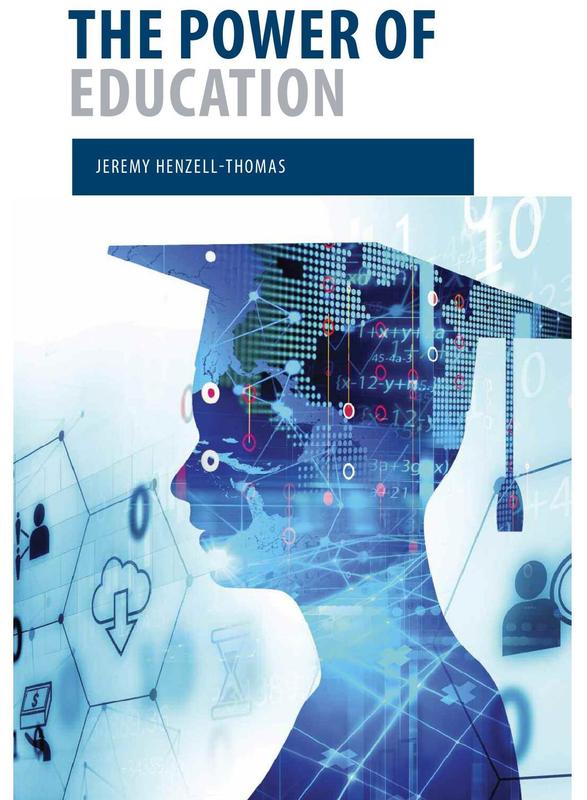
The Power of Education ‘Knowledge is Power’ – a statement commonly attributed to an eminent English philosopher and scientist in 1597, still highlights today the importance of knowledge in the modern world. Education forms the basis of our knowledge and its development, from our earliest experiences at school through to Higher Education. Individuals use their knowledge in their professional and personal lives, and society as a collective of individuals shapes the world in which we live. Therefore the power of education is one of the keys to developing a successful society and benefits humanity at large. But things have gone very wrong! Society, values and morals are all in decline. How has education lost its power to build an effective and fair society? How can this decline be reversed? In The Power of Education, the author goes back to first principles and asks: what is education, and what do individuals and society need from education? Reconnecting education with the ‘heart and soul’ of humanity, and finding that great purpose of mankind is paramount. This is distinct from a ‘knowledge factory’ that merely develops individuals for material advancement and personal progression. Values, morals, compassion, empathy, gratitude, mutual respect, fairness and social responsibility are all essential traits for individuals that collectively form a successful society, and these traits need to be instilled during the entire educational experience. By rethinking and developing an effective education methodology one can work towards building a better world, based upon equality and fairness for all. Jeremy Henzell-Thomas Henzell-Thomas is a Research Associate (and former Visiting Fellow) at the Centre of Islamic Studies at the University of Cambridge. A Fellow of the Royal Society of Arts, and a member of the Executive Committee of the Association of Muslim Social Scientists (AMSS UK), he was the first Chair of the Forum Against Islamophobia and Racism (FAIR), and is the Founder and former Executive Director of the Book Foundation. Currently an Associate Editor of Critical Muslim, he has also written regular columns over the years for Islamica and Emel magazines, and the Credo column in The Times. A former lecturer in Applied Linguistics at the University of Edinburgh, he endeavours to apply his academic specialisms of philology and psycholinguistics to contemporary issues affecting public perception of Islam and Muslims, and to the advancement of critically aware dialogue and polylogue in a range of socio-cultural and educational contexts.
Paperback: 978-56564-568-4 / Price: $5.95 eBook: 978-1-64205-208-4 / Open Access Size: 6x9 inches Pages: 36 Year of Publication: 2018
